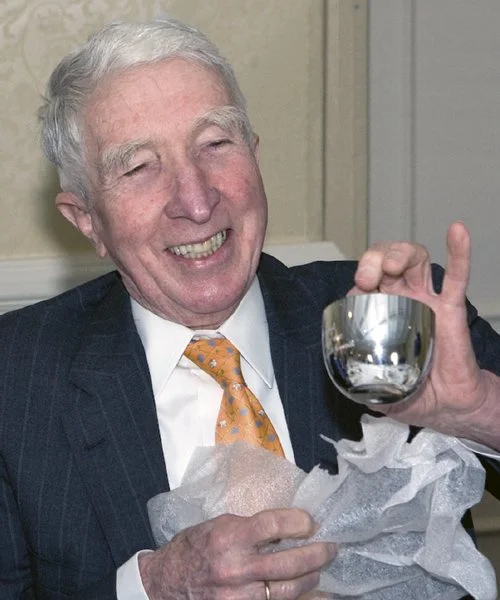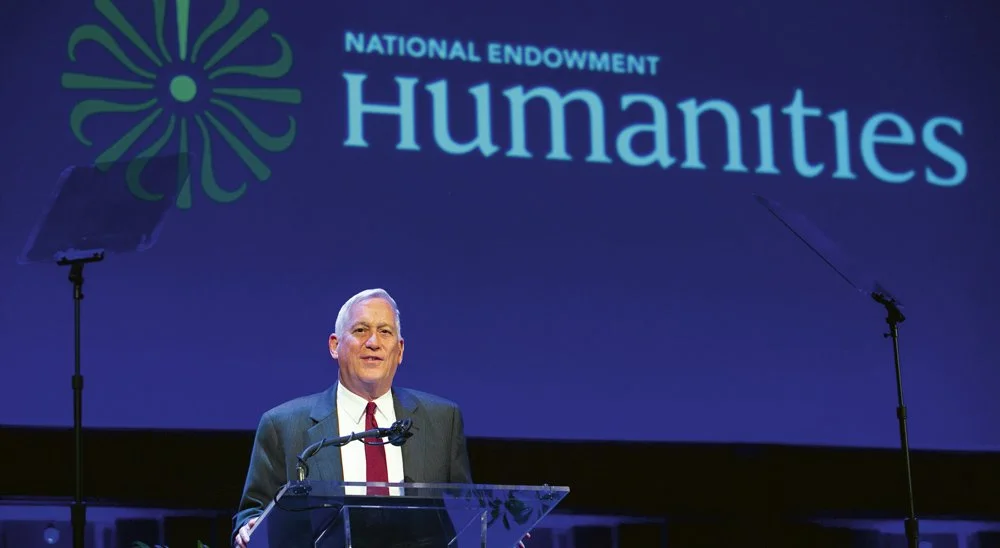Jefferson Lecture in the Humanities
The Jefferson Lecture in the Humanities was established 51 years ago by NEH, in 1972. Known as the highest honor the federal government confers for distinguished
intellectual achievement in the humanities, each honoree receives an honorarium and delivers the annual lecture in Washington, D.C., which is also live-streamed online.
The Jefferson Lecture recognizes “an individual who has made significant scholarly contributions in the humanities and who has the ability to communicate the knowledge and wisdom of the humanities in a broadly appealing way.” From the beginning, honorees have been persons of international stature in the humanities, whose addresses have involved the central concerns of the humanities—human needs, experiences, goals and values—and how these concerns relate to life in the present.
The lecture was established as a means of addressing contemporary issues of interest to the American public. It was named for Thomas Jefferson—who epitomizes the scholar in touch with his own time—in recognition of his insistence on the necessity of expanding education and knowledge in order to preserve and extend American freedom.
More about the Jefferson Lecture Honorees >
Book now available: 50 Years of the Jefferson Lecture in the Humanities >


